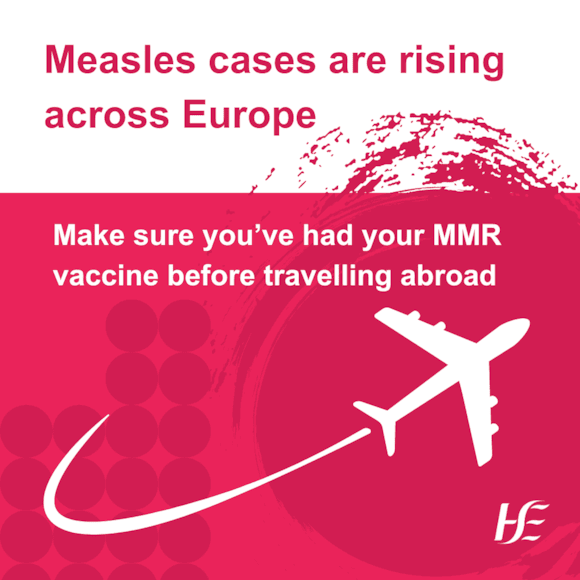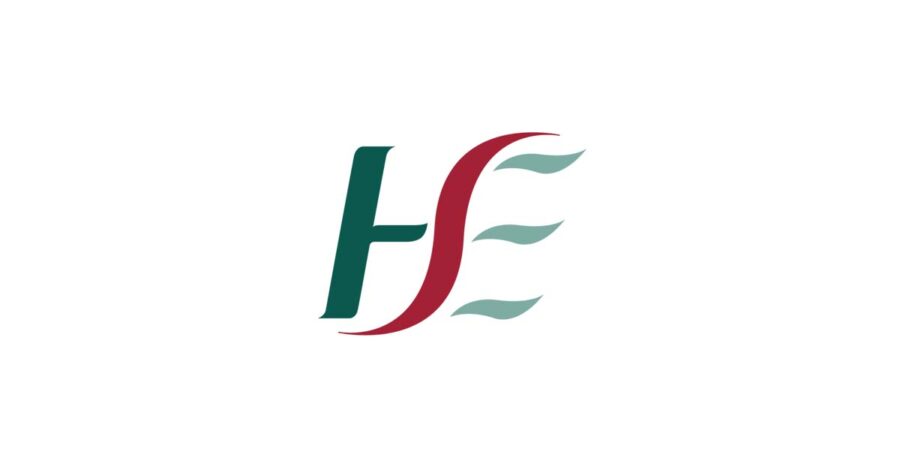|
In this Issue:
NDS Consultation Day
Dublin DPO
ILMI’s online Youth Collective
National Disability Strategy – Consultation Day in Dublin
This week ILMI took part in the intergovernmental National Disability Strategy (NDS) consultation event in Dublin. Since the beginning of the consultation process ILMI has been actively engaging with the Department of Children, Equality, Disability, Integration and Youth (DECDIY) – both as a member of the DPO Network and as a sole organisation. This has been a positive process in which the Department has been generous with their time in the co-creation of possible polices that will make up the five new pillars of the New NDS.
On June 4th, DECDIY held a stakeholder event on June 4th, 2024, where key policy asks and solutions were shared. ILMI emphasised that government policy must align with the UNCRPD through genuine mainstreaming and a disability equality-focused methodology, involving DPO co-production and co-implementation. ILMI staff and other member organisations from the DPO Network were part of panel discussions responding to actions being proposed under each of the proposed pillars, again showing a strong process of co-creation to drive real strategic change.
This has been an important and crucial process over the past year. The last National Disability Inclusion Strategy (2017-2022) lacked DPO involvement and contained too many targets without tangible targets with and with a lack of meaningful impact in our lives. ILMI did do a review of the NDIS in 2019 and were sorry to note there was no mention of PAS (you can read that here: ILMI NDIS PDF ILMI NDIS WORD ) One of the possible causes of this disconnect was that disabled people made up less than 10% of the consultation process – the bulk of the consultations being supplied by service provider lobby groups and large disability sector charities, this had the effect that there has been significant investment in the disability industry – and regardless if the gas lighting by industrial bodies, it is one which segregates disabled people from mainstream society, and little in disabled people ourselves.
This time, things are different. We are organised, in agreement and a collective. ILMI along with its follow DPOs in the DPO Network have been consistent in its message that disabled people must co-create disability policies, not industry. If we do not represent ourselves – somebody else will and nothing will change.

In January the NDA held an online consultation on behalf of the department and ILMI were present in each of the five policy sections. We brought our key askes and solutions to the space. These key points are those identified by you – the wider disability collective consultations and our collective policies and issues that we have created from these consultations. We have attached at the end of this article some of these key askes under each pillar of the new strategy.

At this consultation in January, ILMI highlighted the need for DPOs to provide Disability Equality and Training to State bodies and Government Departments. ILMI presented key points including the distinction between employment and anti-poverty measures, advocating for separate policy spaces to address each issue effectively. ILMI critiqued the Comprehensive Employment Strategy’s limited impact and called for solution-based policies to tackle societal barriers in employment. On transport and mobility, ILMI stressed the importance of aligning the Design Manual of Urban and Rural Spaces (DEMURS) with the CRPD, investing in accessible public transport, and improving the booking process. We also highlighted the need for consistent and accessible public transport systems, better investment in the Rural Transport Scheme, and standardisation of Wheelchair Accessible Vehicles (WAV) taxis. Regarding wellbeing and social services, ILMI argued for mainstream supports with a disability equality lens, opposing further segregation. In education and training, ILMI called for an audit of New Directions, elimination of special schools, and inclusion of Disability Equality Training in the EPSEN Act. Lastly, ILMI underscored the necessity of defining, standardising, resourcing, promoting, and legislating the Personal Assistance Service (PAS), investing in adaptable housing, and setting tangible targets for homes for disabled people – so that we can live a life of self-determination

ILMI are grateful to the Department of Children, Equality, Disability, Integration and Youth for the inclusivity of the process and develop the co-implementation of the new strategy when the development is complete.
ILMI NDS key policy ask and solutions
These are key point for NDS consultations. Overall, our message is that government policy must be compatible with the UNCRPD – this can only be done with genuine mainstreaming and a disability equality focussed methodology with DPO co-production and Co-implementation. Key points are underlined.
Disability Equality and Training must be provided by DPOs only.
1. Employment and Anti – poverty:
These are not the same things. They are separate issues and require separate policy spaces.
The Green Paper on Disability Allowance reform confused the two issues and linked them.
Poverty for disabled people is not due to their impairment, or unwillingness to take up employment. Rather, it is the massive challenges in taking up employment by societal barriers and an unofficial trend to push disabled people away from mainstream employment into service provider supported roles.
Any policy must be solution based.
The Comprehensive Employment Strategy has not had any meaningful impact and was limited in it the outcomes.
2. Transport and Mobility
The Design Manual of Urban and Rural Spaces (DEMURS) must be in line with the CRPD.
Public transport investment for a more accessible and ease of use journey is key – streamline the booking process – too complex and overly burdensome for instance, to ring bus stations trying to book spaces, lack of knowledge about transport journeys on behalf of providers etc…
The NDA and the NTA should have a formal arrangement.
A more keen focus on what is working effectively – the Customer Service Agents on Irish rail – be consistent with them – they play a valuable role.
Any public transport systems or equipment must be properly accessible. There is a tendency to purchase, or in the case of PSR companies, allow to operate buses with overly complex lifts or booking systems (see Dublin Express for an example)
The Rural Transport Scheme lacks consistency in its accessibility and requires more investment as it is a highly useful service.
WAV (Wheelchair Accessible Vehicles) Taxis must be standardised and if requested, a WAV user must take priority over other users. Any future policy will require more appropriate standard of accessibility and service.
3. Wellbeing and Social Services
The existence of this category will be contrary to the CRPD. It is not appropriate. However, all access to Social Services should be through mainstream supports and there must be a disability equality lens embed in these services. Further segregation of disabled people towards the disability sector specific supports only adds further to our isolation, omission from mainstream society and an advanced investment in a system that is a form of societal apartheid.
4. Education and training
No Service Provider should be involved in providing education.
New Directions requires an audit. Special schools further segregation and should be eliminated.
Again, examine what has been successful – DARE has worked well for disabled students – this methodology could be utilised in ETBs and in apprenticeships.
The EPSEN act requires the inclusion of Disability Equality Training. In addition there needs to be a specific focus on Disability Equality for Guidance Councillors
5. Independent Living in the Community
The PAS must be defined, standardised, resourced, promoted and legislated for – and it must be separate to other home care supports.
No new investment that places disabled people in dehumanising settings such as residential homes or nursing homes.
Housing stock should be designed for life
Part M needs to actually work and be enforceable – at the moment it is not.
Real investment on the policies and recommendations of Time To Move On from Congregated Settings.
20% of Housing stock (both private and public) must be wheelchair liveable – not just a ramp in the door, but standardised adaptable homes for life courses.
There has to be tangible and achievable targets for homes for disabled people.
Dublin DPO

At the recent Dublin DPO development meeting, Peter Kearns, ILMI’s DPO Coordinator, along with the group, collaboratively demonstrated exceptional creativity and outside-the-box thinking in addressing barriers to genuine inclusion. Their approach, rooted in the social model of disability and ILMI’s strategic value of human rights, energized the meeting with members of the Disability Action Collective. The session was vibrant and underscored the critical role of Disabled Persons’ Organisations (DPOs). While a single disability activist can challenge ablest structures, a united, organized group of disabled individuals can catalyse significant change, signalling a potential turning point in the fight for inclusion and equality.
ILMI’s online Youth Collective

Are you a young disabled person aged 16-30 looking to connect with dynamic and enthusiastic peers?
Join ILMI’s online Youth Collective!
Our Youth Collective is the only cross-impairment Disabled Persons’ Organisation (DPO) in Ireland, offering a fantastic social space for young people like you.
We’re meeting via Zoom on Tuesday, June 11, from 7:00 to 7:45 PM.
To attend and receive the Zoom link, please contact ILMI’s Paula Soraghan at paulasoraghan@ilmi.ie
We look forward to seeing you there!
Open Consultations
Night Time Economy Accessibility Survey
This survey is being conducted on behalf of the Department of Tourism, Culture, Arts, Gaeltacht, Sport and Media.
The purpose of the survey is to understand how disabled people experience night life in Ireland. Click here to take part .
Consultations for the National LGBTI+ Inclusion Strategy
The Department of Children, Equality, Disability, Integration and Youth is developing a successor strategy to the National LGBTI+ Inclusion Strategy (2019-2021) to promote inclusion, protect rights and to improve quality of life and wellbeing for LGBTI+ people; enabling them to participate fully in Ireland’s social, economic, cultural, and political life.
As part of this process the Department wants to gather the views of members of the LGBTIQ+ community and those who engage with LGBTIQ+ issues through their own lived experience, at a local level, in a manner that will contribute most effectively to the development of a new whole of lifecycle strategy. Click here for more info
ILMI Resources
Why not explore the wealth of resources available to you on our website: from our strategic plan to our invaluable SFC resources and our policy documents and submissions. At our core, we’re a cross-impairment disabled person’s organisation dedicated to tackling the topics that matter most. Let’s continue our journey toward inclusivity and empowerment together! If you want to know more or sign up and get involved in our work please email info@ilmi.ie
|



















